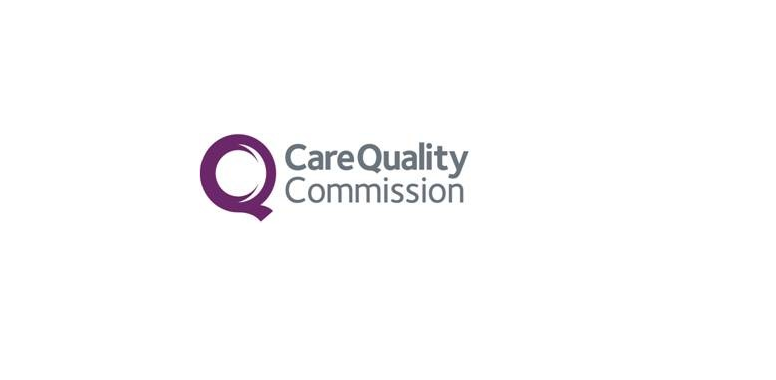The Care Quality Commission (CQC) has rated two Staffordshire mental health hospitals as inadequate for the second time in six months.
The CQC inspected John Munroe Hospital, a 57-bed hospital for men and women in Rudyard, and Edith Shaw Hospital, a 14-bed hospital for women aged over 55 in Leek, in August. Both services are registered to care for people who have been detained under the Mental Health Act.
The independent hospitals, run by the John Munroe Group, were previously rated inadequate and placed in special measures following CQC inspections earlier this year.
The latest inspections, carried out to determine whether improvements had been made, found standards of quality and safety people have a right to expect continued to not be met. They also found people were subjected to abusive interactions.
Following these latest inspections, both services were rated inadequate again and remain in special measures.
The CQC also imposed conditions to support people’s safety and wellbeing which included requiring the John Munroe Group to obtain CQC permission before admitting patients to the hospitals, and requiring reports detailing incidents when people are restrained.
What inspectors found
Inspections of both sites found the quality and safety of patient care at both services had worsened since the start of the year.
Inspectors uncovered instances where people were treated with a lack of dignity and respect, especially when restraint was used, and where staff used unacceptable and disproportionate techniques, such as physically dragging and intimidating people when they presented challenging behaviour.
Inspectors also found people’s safety was compromised as risks in the physical environment had not been adequately assessed, and there was a lack of follow-up to learn from procedural failures.
While registered managers had been employed for each hospital, which was an improvement, senior leaders were found to have not implemented enough policies and processes to monitor the services to help them meet patient need.
This included a lack of performance and risk management, which meant leaders did not understand the services’ problems or develop adequate strategies to help them improve their care of people.
However, in addition to improved infection prevention and control and the introduction of electronic prescriptions, inspectors found patients were being offered improved access to advocacy services and there were better processes to manage complaints.
As the services are in special measures, the CQC added it was closely monitoring them and will inspect them again within six months.
If insufficient improvement is made or people are found to be at immediate risk of harm, the CQC committed to taking further action in line with its enforcement powers. As a last resort, this could include the closure of these services.
Deteriorating care
Jenny Wilkes, head of inspection for mental health and community health services at the CQC, said: “Despite our previous identification of areas where the John Munroe Group needed to improve patient care at these hospitals, our latest inspection found the quality and safety of care people received had deteriorated.
“Behind this was a continued lack of oversight from leaders, hindering the service’s ability to improve. If left unchecked, this would lead to a closed culture where poor care would become normalised.
“However, infection prevention and control have improved at the hospitals since our previous inspection, and people’s medication was better managed through the introduction of electronic prescriptions.”
Changes and improvements made
In response, Paul Birks, operational director at John Munroe Group, said: “We are disappointed that during this inspection we were not able to accurately evidence in a timely manner the changes and improvements we have put in place over the last six months, including a new electronic care records and medication management system which had only been running for a few weeks and was not fully embedded in place by the time of the inspection.
“Further improvements have subsequently been undertaken along with ongoing training and these are being shared with our stakeholders including the CQC along with acknowledged improvements in system assurance’s including reviewing CCTV footage.
“We would like to assure everyone that we have been working closely with the Care Quality Commission, our host commissioning group and all respective clinical commissioning groups (CCGs) since the inspection.”
He added that all the commissioning CCG’s had undertaken safe and well checks of their service users with positive outcomes and that the safety of all patients remained the number one priority.
“We would like to take the opportunity to assure our patients, staff, families and carers and the public that we are all working tirelessly to ensure that robust systems are in place to effectively safeguard and protect everyone in our care, employment including the local community,” Birks added.
“We are confident that working together, we can continue to build on the progress which has already been made.”
